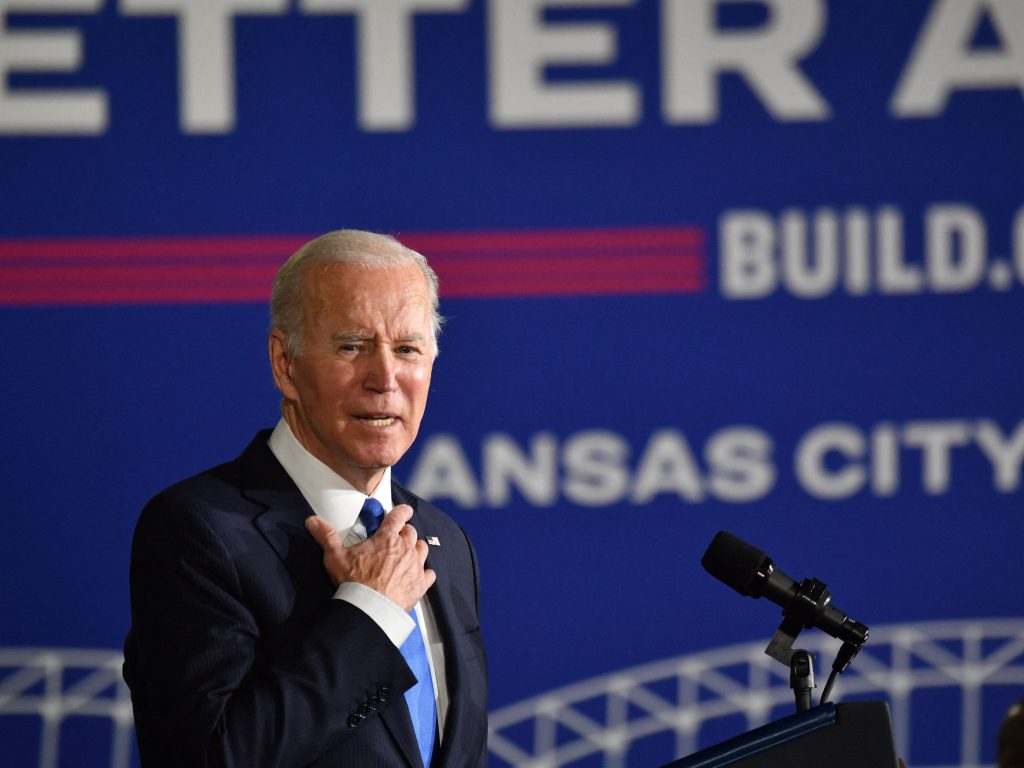
- President Biden aims for a carbon neutral US by 2050 with his newest executive order.
- The executive order focuses on utilizing the US government's purchasing power to accelerate change.
- Specific targets have been set for clean energy, electric vehicles, and construction materials.
Biden signed an executive order on Wednesday that addressed the climate crisis by allowing the federal government to focus its $650 billion in annual spending on clean energy, electric vehicles, and construct more energy-efficient buildings. The new goals include a reduction in carbon emissions by 65% by 2030 and net-zero emissions from all federal procurement by 2050.
The order is also expected to spur the growth of climate-related union jobs, at least 10 gigawatts of new clean electricity production by the end of the decade, and increase demand from local solar and wind energy producers.
"As the single largest land owner, energy consumer and employer in the nation, the Federal Government can catalyze private sector investment and expand the economy and American industry by transforming how we build, buy, and manage electricity, vehicles, buildings, and other operations to be clean and sustainable," the order read.
Biden's executive order includes wider goals of transitioning the US electricity sector to clean energy by 2035 and a carbon-neutral economy by 2050. The Intergovernmental Panel on Climate Change has identified 2050 as when the world needs to achieve net-zero carbon emissions in order to prevent more than 1.5 degrees of warming.
Biden's order means all new federal vehicles — including heavy-duty trucks — will be zero-emission by 2035. It also establishes a "Buy Clean" policy to promote the federal government's use of lower-emission construction materials. And it prioritizes the purchase of sustainable products, including ones that do not contain PFAS, commonly-used chemicals identified by the Environmental Protection Agency as harmful to human health.
"The executive order will reduce emissions across federal operations, invest in American clean energy industries and manufacturing, and create clean, healthy, and resilient communities," the White House said in a statement.
On Wednesday afternoon, Biden visited a transportation facility in Kansas City, Missouri as part of an ongoing tour to promote his $1.2 trillion bipartisan infrastructure bill. He emphasized the $66 billion investment in passenger and freight rail as well as $39 billion in new funding to modernize public transit.

